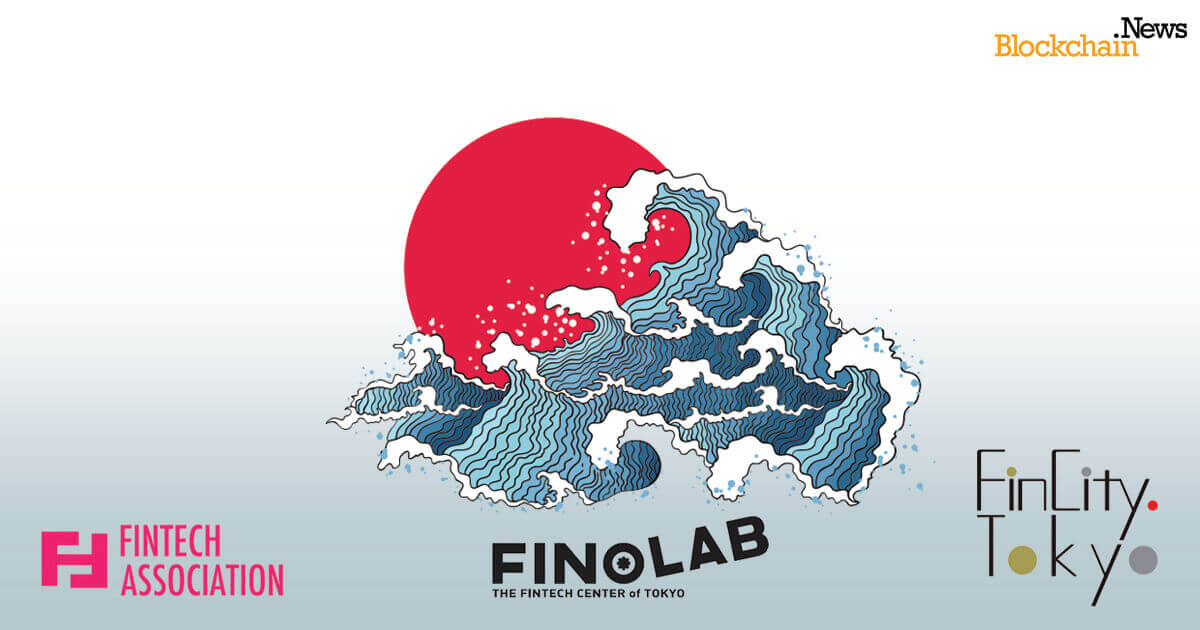What Does the Japanese FinTech Landscape Look Like?
Tokyo, the capital of Japan has been ranked as one of the top 12 FinTech hubs in the world by Deloitte’s A tale of 44 cities: Connecting Global FinTech: Interim Hub Review 2017. The Tokyo Metropolitan Government (TMG) created policy outlines to form the city with the vision of an unrivaled global financial center.

Tokyo, the capital of Japan has been ranked as one of the top 12 FinTech hubs in the world by Deloitte’s A tale of 44 cities: Connecting Global FinTech: Interim Hub Review 2017. The Tokyo Metropolitan Government (TMG) created policy outlines to form the city with the vision of an unrivaled global financial center.
The TMG also launched an Accelerator Program, FinTech Business Camp Tokyo to allow foreign startups with new emerging technologies and business models to come to Tokyo to expand their business. Regulators have also been encouraging FinTech innovation by establishing new laws around blockchain, cryptocurrencies, and APIs. Changes to the Banking Act has made it more convenient for financial institutions and FinTech companies to offer services using APIs. The legal status of virtual currencies has been clarified as the first in the world by the amendment of the Payment Services Act. Blockchain.News spoke with three representatives of three different associations, to find out more about the Japanese FinTech ecosystem at the Asian Financial Forum (AFF).

FinCity Tokyo
FinCity Tokyo, short for Global Financial City Tokyo is an organizationaimed for the promotion of the financial industry and the FinTech industry based in Tokyo, which started last year.
Kazuhiko Yoshimatsu, the General Manager of the Global Financial City Tokyo said, “We are promoting the FinTech industry at the moment, large Japanese financial institutions wat to have cooperation with FinTech companies that have very good technologies and Tokyo.”
FinCity Tokyo is looking to match the needs between big companies and large institutions, including listed corporations. Yoshimatsu also hopes that “Asian authentic companies can bring innovation to the Japanese industry.”
FinTech Association of Japan
The FinTech Association of Japan is a non-profit organization,enabling an ecosystem of Japanese FinTech startups, helping members to find solutions in Japan and help their business to expand outside of the country
According to Takeshi Kito, the Vice-Chairman, and Head of Global Partnership at the FinTech Association of Japan mentioned that the association has collaborations with Japanese regulators, including the Financial Services Agency (FSA) and it has also signed a Memorandum of Understanding with the FinTech Association of Hong Kong and with Hong Kong Internet Finance Association. With more than 20 partners in the world, the association has reached agreements with partners in Singapore, Denmark, and Chile.
Kito added that the FSA has been making waves in the crypto and blockchain regulations, however, he believes the regulator is “too strict” in terms of FinTech innovation.
FINOLAB
FINOLAB, set up in Japan, is an industry base to supportthe growth of FinTech startups. With a physical office with 50 startups together to promote innovation, the organization also focuses on connecting startups. They connect large financial institutions and startups to expand the FinTech ecosystem in Tokyo.
Most of the members of FINOLAB is also a member of the FinTech Association. They also have a mentor group called Finnovators, where they give advice to FinTech Association, as well as the FINOLAB members. There is a big overlap between the two organizations, where they also co-host FinTech meetups.
Japan was one of the first countries to introduce regulation in crypto, although since then, the regulator has experienced hurdles with exchanges getting hacked and fraud cases. “At that point, the FSA didn’t have sufficient monitoring resources, but they have been learning a lot and have been increasing the teams. They have a fairly sophisticated monitoring team to follow the blockchain and cryptocurrency exchanges,” said Makoto Shibata, Chief Community Officer at FINOLAB.
Image source: Shutterstock


